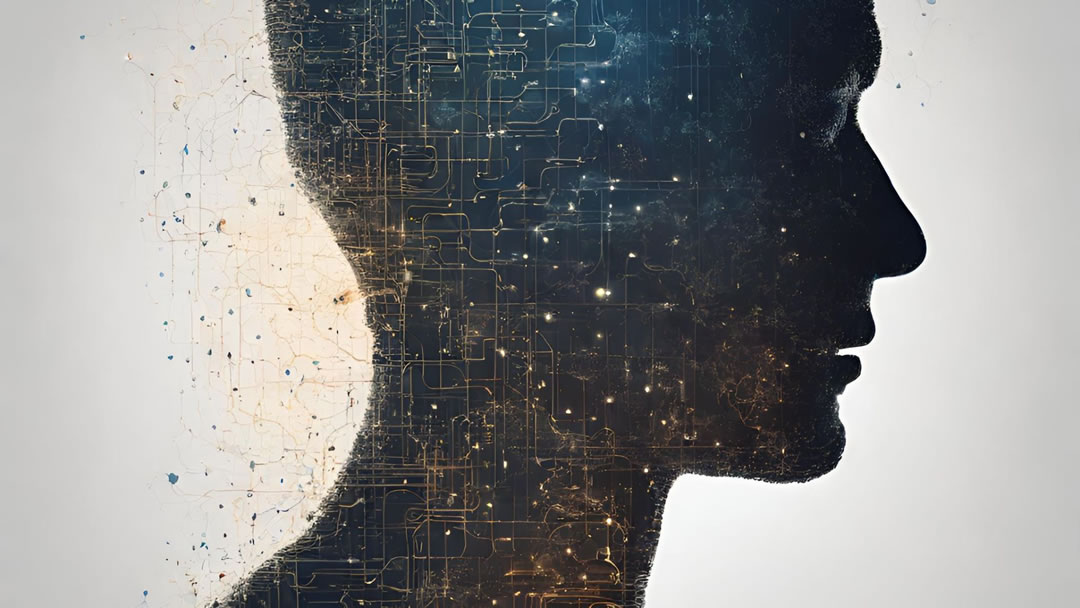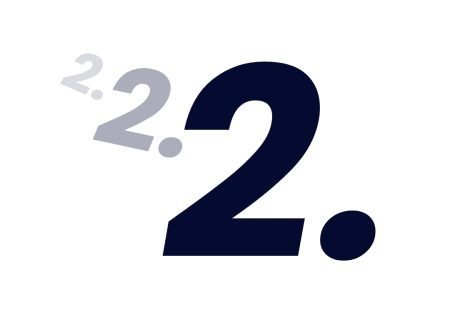According to a study conducted by the team at Istinye University’s Neurological Sciences Research and Application Center, as people become more familiar with artificial intelligence, their fears about it decrease. The research also revealed that individuals with a stronger belief in conspiracy theories tend to approach AI more cautiously and with a more negative attitude.
Artificial intelligence, one of today’s most widely discussed technologies, brings along numerous questions and concerns with its rapid development. Addressing this topic, Dr. Gökçer Eskikurt and researchers M. Emin Gökmen, A. Arda Erbil, A. Miraçhan Ergen, and İrem Köçer from Istinye University’s Neurological Sciences Research and Application Center carried out a remarkable study.
“Getting to Know AI Reduces Our Fears About It”
Within the scope of the project, the relationship between AI literacy, attitudes toward AI, AI-related anxiety, and belief in conspiracy theories was examined. According to the findings, individuals with more knowledge about AI display a more positive attitude toward these technologies. On the other hand, those with stronger belief in conspiracy theories tend to take a more cautious and negative stance toward AI.
“Do We Notice Consciously or Unconsciously?”
Dr. Gökçer Eskikurt from Istinye University’s Neurological Sciences Research and Application Center summarized the stages of the study as follows:
“In the first part of our study, we observed that individuals with higher AI literacy had more positive attitudes toward AI and lower levels of anxiety. In the second stage, participants were shown AI-altered portraits while their brain’s electrical activity was recorded. Our findings show that the brain responds differently to these altered portraits compared to the originals. In the next stage, we will examine whether people’s behavioral responses align with the brain’s reactions. In other words, is the individual consciously aware that these faces have been altered, or does the brain’s detection of this change remain at an unconscious level? This is what we aim to uncover.”
Research Highlights the Role of Psychology
The findings demonstrate that how the brain perceives faces is directly linked to an individual’s level of knowledge and personal attitudes. They also shed light on the psychological and neurobiological foundations of attitudes toward AI. The results suggest that enhancing AI literacy could contribute to fostering a healthier and more balanced perspective in society. These insights may play a critical role in shaping the future social acceptance of AI technologies.







